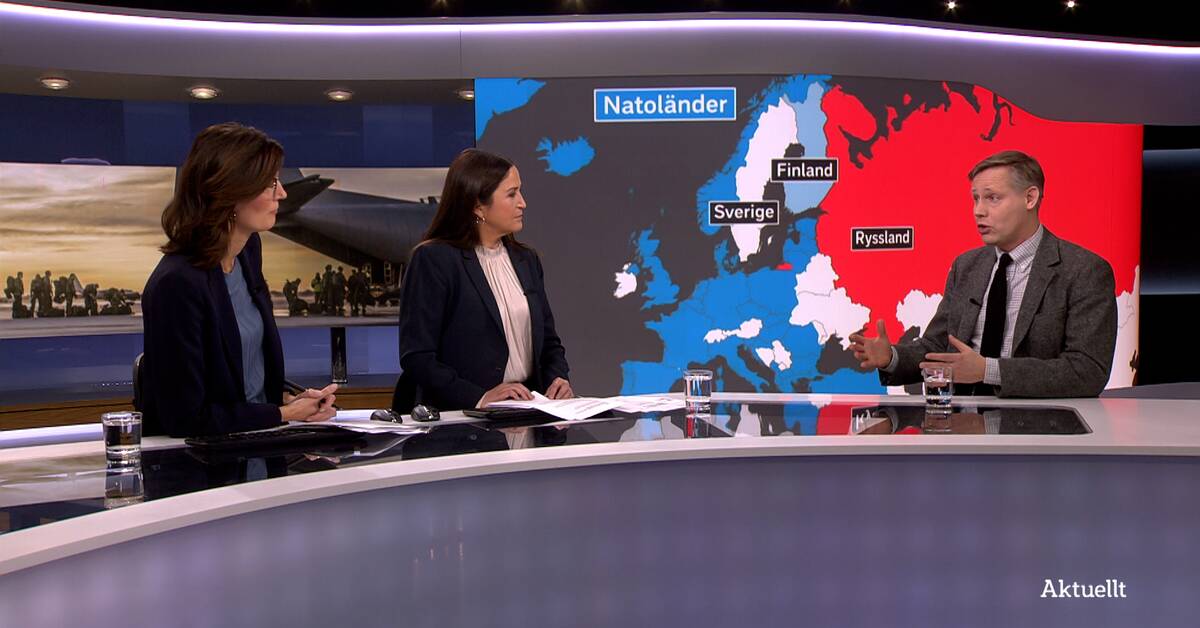The NATO chief's statement on Tuesday further complicates the situation for Sweden, says Magnus Christiansson, university lecturer in military science at the Swedish Defense Academy.
- There are a lot of long-term question marks about defense planning.
It is also about the fact that bilateral security guarantees between Sweden and individual NATO countries do not give Sweden the same protection as NATO's Article 5 – the idea of mutual defence.
And ultimately it is about NATO's deterrence capability, Christiansson emphasizes.
- The whole idea of deterrence with Article 5 is based on escalation dominance - that you have such resources that it is not worthwhile to attack NATO.
This includes, for example, nuclear weapons.
Failing a bilateral (agreement) is different than failing Article 5. There is a significant deterrence difference in the long run.
Yle's political commentator Magnus Swanljung says that the NATO chief's statement on Tuesday does not come as a surprise in Finland.
- Stoltenberg's choice of words is reflected quite well by the words used more and more in Finland.
There is talk of Finland and Sweden agreeing to join.
It is no longer said that it must necessarily take place at the same time.
Javascript is disabled
Javascript must be enabled to play video
Read more about browser support
Therefore, the parliamentary election in Finland on 2 April speeds up the process.
"That's the elephant in the room".
Photo: SVT

